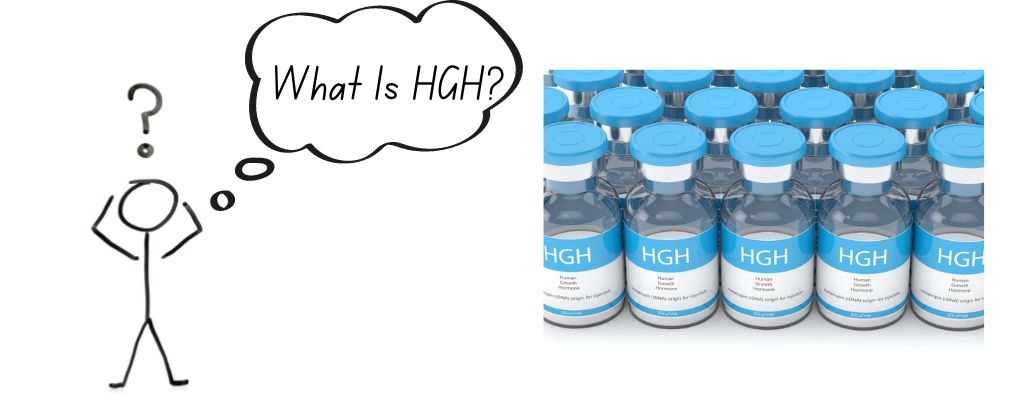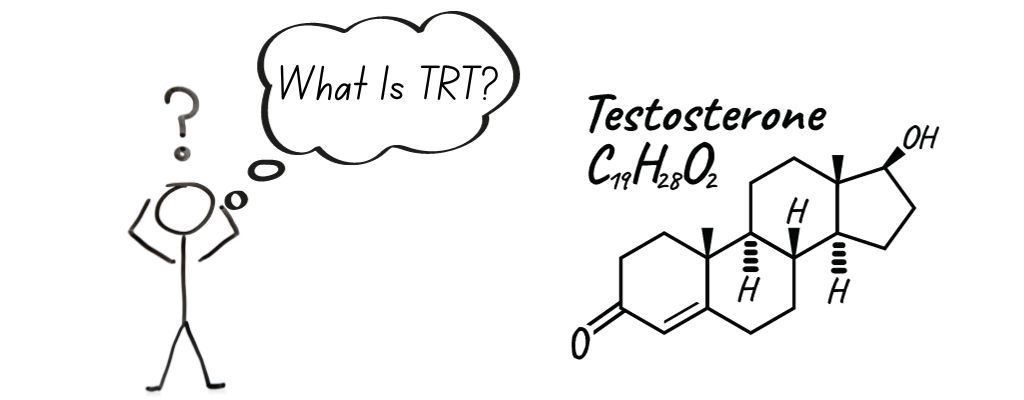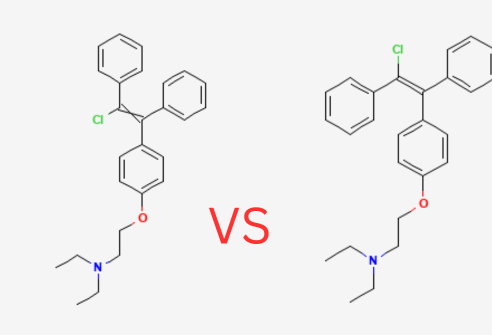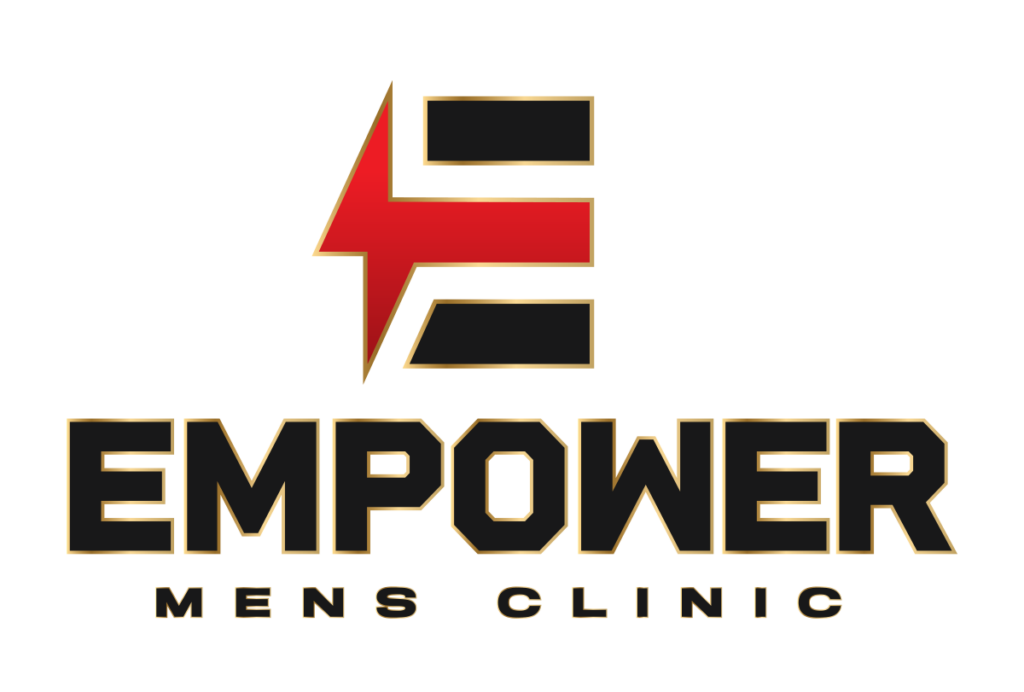Both HGH and Testosterone are bioidentical hormones and are commonly used in BHRT (Bioidentical Hormone Replacement Therapy). Both of these compounds carry unique benefits and risks, and are quite different.
In this article we will cover the basic In’s and Out’s of both Testosterone and HGH to help you decide which is right for you!

What is HGH?
Human Growth Hormone (HGH) is a vital hormone produced by the pituitary gland in the brain. Its primary role is to stimulate growth and development during childhood and adolescence, promoting the growth of bones, cartilage, and muscles.
Beyond growth, HGH also influences metabolism, helping to break down fats, maintain lean body mass, and support overall tissue repair and regeneration. It plays a role in immune function and is regulated by factors like sleep, nutrition, and stress.
Key Takeaway
HGH is responsible for managing bodily functions such as:
- Growth and Development
- Metabolism
- Muscle Growth
- Tissue Repair
- Immune Function
- Sleep

What Is Testosterone?
Testosterone is a hormone primarily produced in the testes of males and, to a lesser extent, in the ovaries of females. It plays a central role in the development and maintenance of male sexual characteristics, including deepening of the voice, facial and body hair growth, and muscle development during puberty.
Additionally, testosterone is crucial for reproductive functions, as it supports sperm production, sexual desire, and erectile function in men. Beyond sexual development, testosterone influences bone density, muscle mass, metabolism, and mood in both men and women. It naturally declines with age, but low testosterone levels can lead to symptoms such as fatigue, mood swings, and cognitive changes.
Key Takeaway
Testosterone is responsible for bodily functions such as:
- Maintaining muscle mass
- Metabolism
- Bone Density
- Libido
- Energy Levels
- Sleep

Is HGH or Testosterone Better?
HGH (Human Growth Hormone) and Testosterone are two distinct hormones with different roles in the body, and neither is inherently “better” than the other. They serve different functions and are responsible for various aspects of body mechanics. HGH primarily plays a central role in growth, tissue repair, metabolism, and immune function, while Testosterone is crucial for the development of male sexual characteristics, reproductive function, bone health, muscle growth, and mood regulation.
In some cases, a combination of HGH and Testosterone replacement therapy (TRT) may be considered under the guidance of a qualified medical professional for specific health concerns. These hormones can have a synergistic effect when utilized together, addressing a broader range of health and wellness goals.
Can HGH Replace Low Testosterone?
Human Growth Hormone (HGH) and Testosterone are distinct hormones, each with its own unique functions and roles within the human body. While they both play essential roles in overall health and well-being, it’s important to emphasize that HGH cannot effectively replace Testosterone.
Testosterone is primarily responsible for the development of male secondary sexual characteristics, including deepening of the voice, facial hair growth, and muscle development. It is vital for reproductive function and sexual health in men. On the other hand, HGH primarily focuses on growth, tissue repair, metabolism, and immune function, with a broader impact on overall health.
While there may be some overlap in the benefits of these hormones, they serve different purposes, and one cannot substitute for the other. If an individual has low Testosterone levels or specific health concerns related to Testosterone deficiency, addressing those issues would typically require Testosterone replacement therapy (TRT) under medical supervision, rather than relying on HGH alone. It’s essential to consult with a healthcare provider to determine the most appropriate course of action based on an individual’s specific health needs and goals.
What Are The Downsides To Using HGH?
Human Growth Hormone (HGH) usage, especially in high doses, has been associated with various adverse effects including:
- Edema (fluid retention) in extremities.
- Arthralgia (joint pain).
- Carpal tunnel syndrome.
- Hypertension (high blood pressure).
- Diabetes and other glucose metabolism imbalances.
It should be noted that many of these side effects only occur in patients using high dosages of HGH and that at therapeutic dosages HGH presents very little negative side effects.
Takeaway
Human Growth Hormone (HGH) and Testosterone are distinct hormones with their own unique roles in the body. While both are essential for health and well-being, they serve different functions and cannot effectively replace one another.
If you are looking to learn more about which solution is right for you, please reach out to the medical professionals at Empower Men’s Clinic. We have the expertise and knowhow to help you make the correct decsion about your health.
Give us a call at (443) 334-5367 or submit a contact form today!



